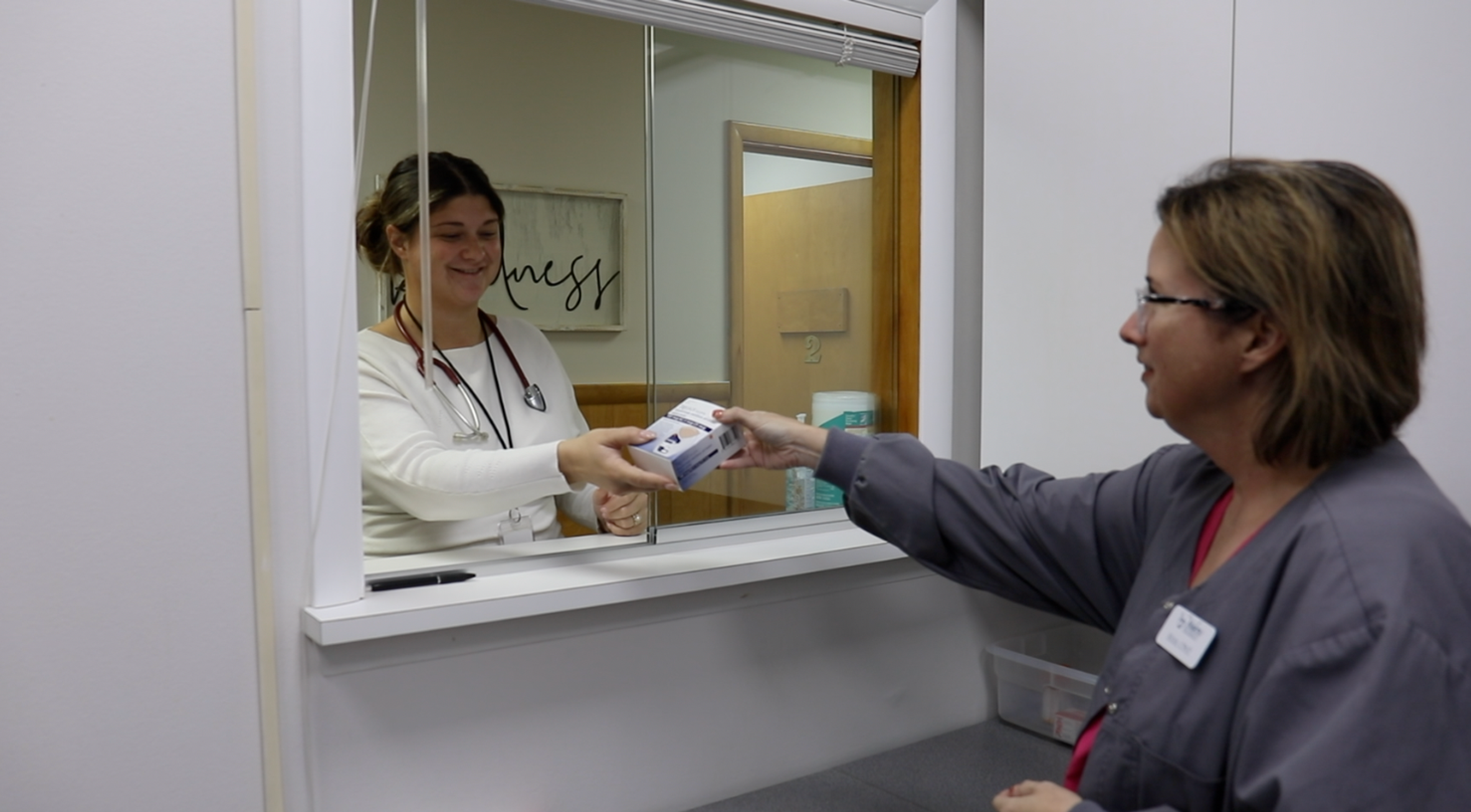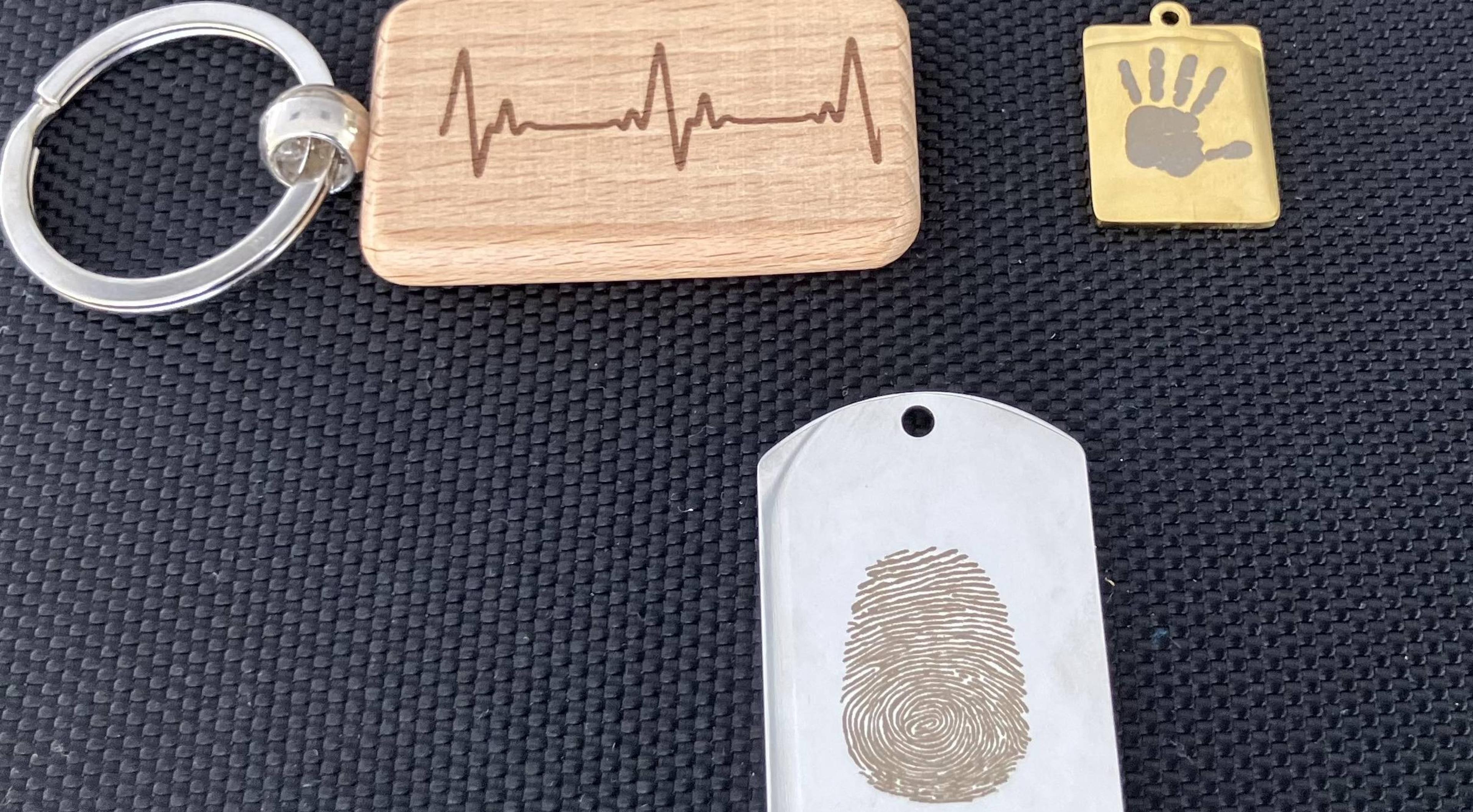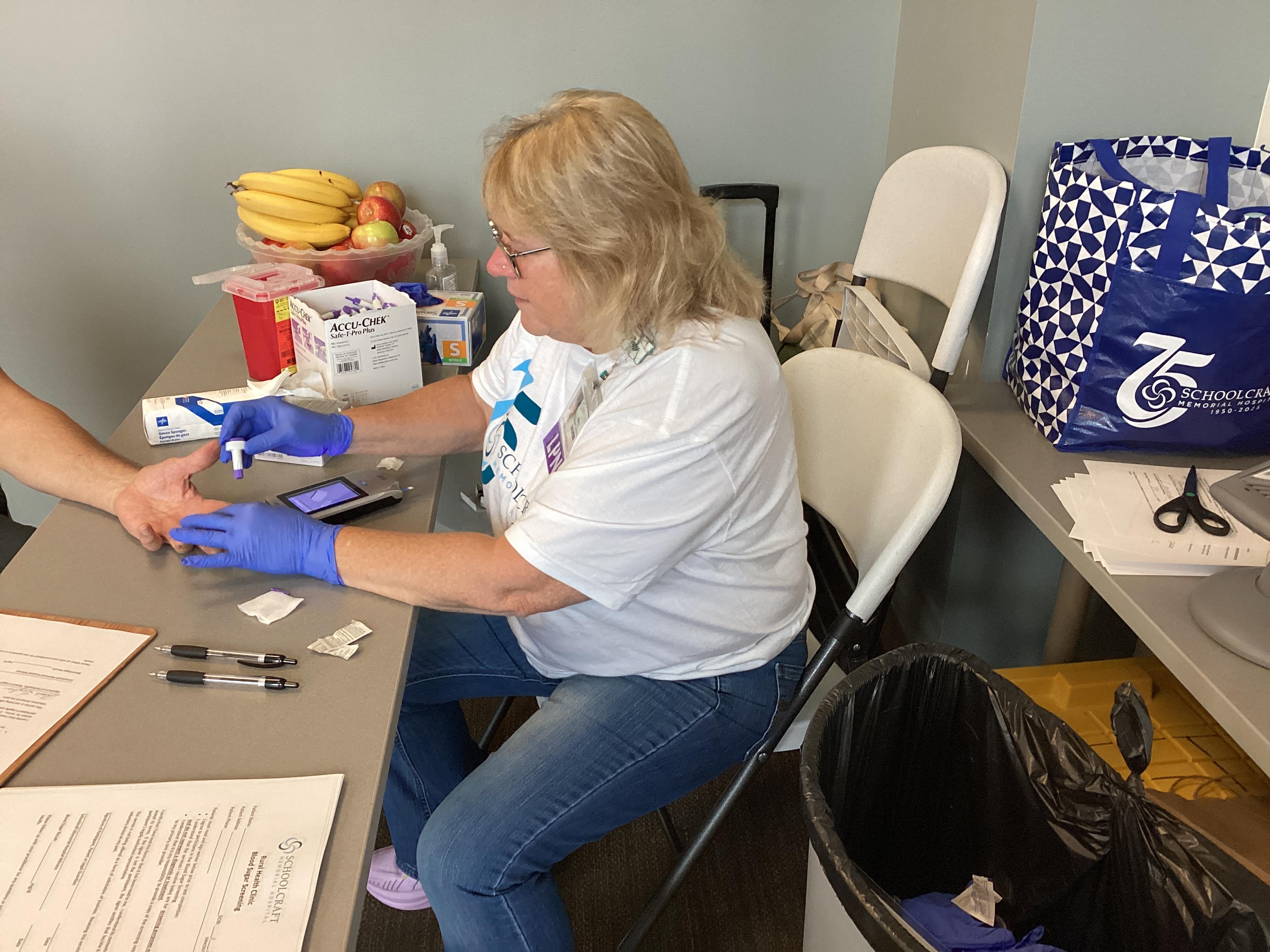Dearborn Organization Develops New App to Help Hookah Smokers Quit
Julie Bitely
| 3 min read

Smoking from a hookah, or water pipe, can be a cultural and familial experience for many in the Arab-American community. Despite its reputation as being a kinder, gentler way to smoke, hookah use still carries the same health risks as any other form of tobacco and could actually be more dangerous. Hookah sessions tend to be longer and smoking hookah for 45 minutes to an hour can be equivalent to smoking about 100 cigarettes. Among minorities in the United States, Arab Americans rank second in the rate of cigarette smoking and many current cigarette smokers started using tobacco through smoking hookah. Youth aren’t immune, with research showing that Arab American adolescents identified family members and friends as the most frequent source of tobacco access, especially the hookah. Staff at ACCESS Community Health & Research Center are working to reduce hookah use in southeast Michigan. Corey Beckwith is a public health coordinator at the Dearborn-based center. He’s been leading an initiative to develop culturally-appropriate smoking cessation tools for the Arab-American community served there, with particular focus on adolescents. A survey conducted by ACCESS staff showed that more than 35 percent of 9th-graders polled had smoked hookah in their lifetime. “We really try to educate young people about the realities of hookah use because it is tobacco and it carries the same health risks as any other form of tobacco,” he said. For kids who’ve grown up with hookahs in their homes, it doesn’t carry the same off-limits status as cigarettes do. When people do try to quit, methods such as a nicotine patch, gum or counseling often aren’t utilized like they are for cigarette smoking cessation. “People don’t think about quitting hookah the same way they think about quitting smoking cigarettes,” Beckwith said. “In a lot of cases, people don’t think about quitting hookah at all.” Beckwith hopes a “Quit Hookah” mobile app will provide the support and motivation hookah users need to quit the habit. The app’s development was funded by the Blue Cross Blue Shield of Michigan Foundation and is specifically targeted to younger people. “Using an app is part of their daily life,” Beckwith said. Users will enter information such as how much they smoke and how much they spend a week on the habit. Eventually they’ll be able to see how much they’ve saved and how long they’ve been smoke-free, as well as how much tar or other chemicals they’ve avoided. The information can be shared on social media to celebrate accomplishments and encourage others to consider quitting. The app also contains a resource library with information about quitting and a Detroit-area social calendar, where the app will be piloted. Because smoking hookah is such a social activity, Beckwith said it’s important to steer young users to other culturally-appropriate hangout spots and happenings. “It’s an activity to get together, hang out with friends and for many people, it’s something that they only do in social settings,” he said. “It’s not necessarily something they do on their own.” The app’s success will be measured by how many people are able to quit their hookah habit and for how long if it’s not a permanent change. Beckwith said as with any smoking cessation program, there might be many attempts at quitting before the habit is broken. The Quit Hookah app is available for Android and iPhone users. For additional resources, visit our Smoking Cessation page. If you liked this post, you might also enjoy:
Photo credit: felixtsao





